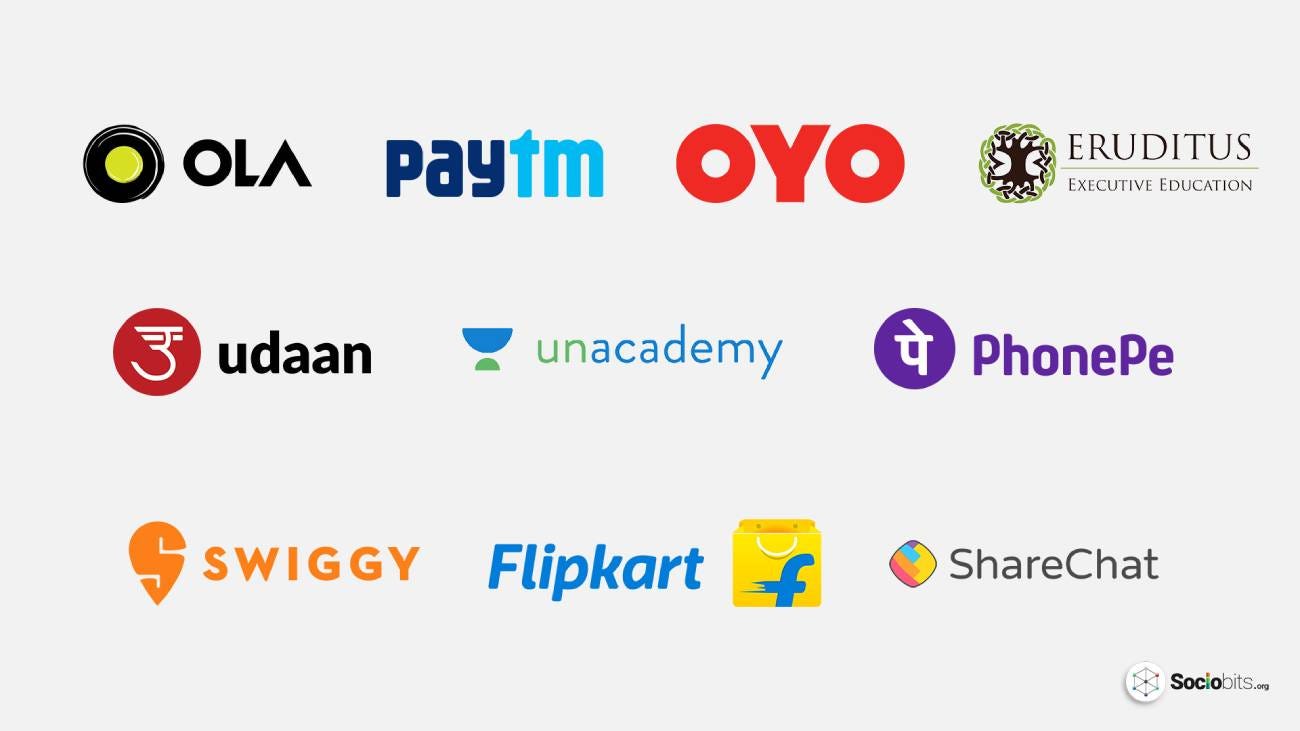The medical industry, particularly the pharmaceuticals industry, in India, is regarded among the largest in the world due to its critical role in capacity enhancement in global healthcare delivery. During the recent five years, more specific Indian initiatives have been launched to support the development of startups in this field. These schemes are intended to offer funding resources, ’covering’ by the regulations and even the auspices for research and experimentation.
Key Government Schemes Supporting Pharmaceutical Startups: Key Government Schemes Supporting Pharmaceutical Startups:
Startup India Initiative: Startup India was launched in the year 2016 and has the primary objective of nurturing an environment favourable for the growth of startup businesses with special reference to the pharmaceutical industry. The Shad Reform initiative contains benefits including; tax relief, easy compliance and funding.
Biotechnology Industry Research Assistance Council (BIRAC): BIRAC is a government of India’s biotechnology start-up incubation, fund and support initiative to provide incubation facilities. It has a critical function of supporting innovation and the commercialization of a biotechnology product such as pharmaceutical. This council provides financial support in the form of schemes like the Biotechnology Ignition Grant BIG, Sustainable Entrepreneurship and Enterprise Development SEED, and Launching Entrepreneurial Driven Affordable Products LEAP.
Make in India Initiative: Make in India and Special Mention, Indian pharmaceutical industries are encouraged through the promotion of manufacturing. For startups, it offers options for partnership with international companies, exports in other countries, and fiscal support from the government in establishing necessary facilities.
Production Linked Incentive (PLI) Scheme: The PLI scheme which is a new additional incentive intends to establish domestic manufacturing by offering incentives to manufacturers including pharmaceutical startups. This scheme makes the startups increase their production capacities and come up with new products on the market.
These schemes offer rewards for the Manufacturing of valued goods such as biopharmaceuticals, complex generic, and anti-cancer through some selected applicants. The schemes also pay incremental margins for six years on sales. The detailed in and out of the PLI for Pharmaceuticals scheme is Rs 15,000 crore which launched in FY 2020-21 to culminate in FY 2028-29. India has for the initial time provided a massive Rs 6,940 crore to the pharma segment under the PLI scheme. These PLI schemes have enhanced the export level and have helped India to decouple from China to a certain extent.
Pharmaceutical Technology Upgradation Assistance Scheme (PTUAS): PTUAS aims to give out funds support for SMEs in the pharmaceutical field. This scheme assists the startups in
transforming their technologies as well as infrastructures to improve their competitiveness globally.
Impact on Pharmaceutical Startups
To sum the aforesaid government schemes have pointed out a significant role in propagating the startups of the pharma companies in India. Key benefits include:
Regulatory Support: These steps were useful in reducing some of the bureaucratic procedures and nearly no taxation which leads to the fact that start-ups can operate at an optimal level. Increased Funding: Financial help implies that the companies can be able to fund research and development of the new treatment, and therefore, the people get new forms of drugs and treatments.
Market Expansion: For instance, the PLI scheme and Make in India have provided new outlets that have made fortunes for new-age ventures and have pushed them beyond to seek the market either domestically or globally.
Technological Advancements: Such schemes have also assisted in appropriating better technologies such as the PTUAS that have an impact on improving the manufacturing quality of the pharma industries.
Conclusion
The government has a key part in promoting pharmaceutical startups in India through various schemes and policies. Hence through offering financial support and resources, technology and favorable market environment circumstances, these innovations have helped to foster startup companies and compound the world’s pharmaceutical community. Such support in the form of policies, collaborations and reforms will hence continue to ensure the steady development of this sector.




